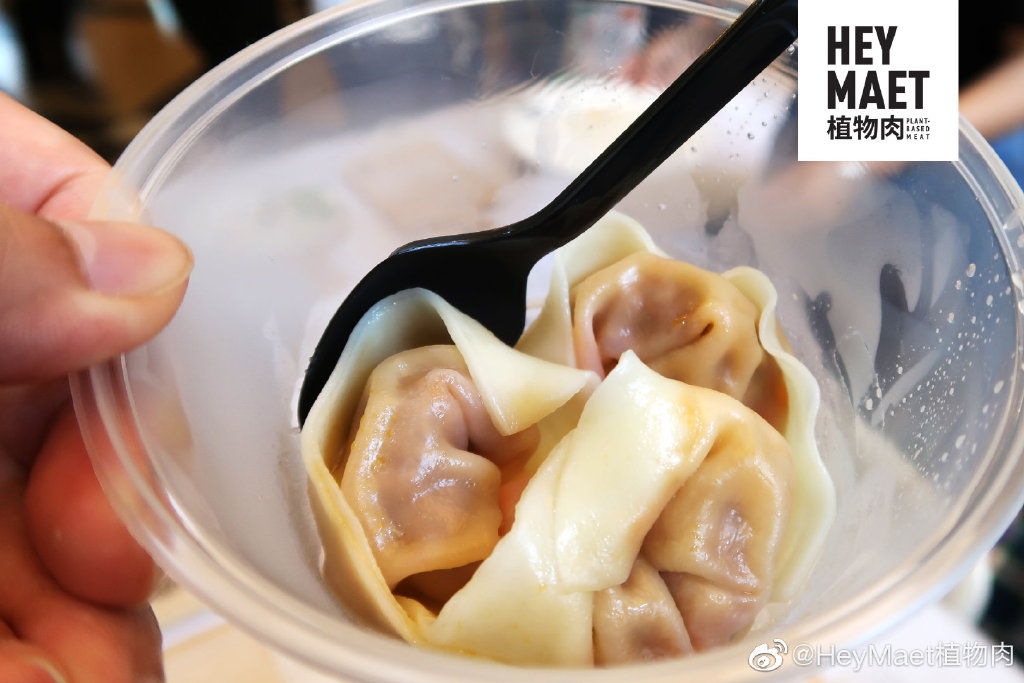On a recent morning in downtown Shenzhen, Lingyu queued up to invest in her go-to McMuffin. Whilst she waited in line with alternative commuters, the 50-year-old bank examiner noticed the new vegetarian preferences on the menu and decided to evaluate the imitation spam to scrambled egg burger.
“I’ve never achieved fake meat, ” beyonce said of the burger — one of five new your morning items that McDonald’s introduced 2 weeks ago in three major Mandarin cities featuring luncheon by way of substitutes produced by Green Thursday.
Lingyu, this works in her loved ones business in Shenzhen, is definately the type of Chinese customer in which imitation meat companies additionally they attract beyond the junior, trendy, eco-conscious urbanites. Your darling yuan means potentially additional to meat replacement contractors because it advances their online business and climate agendas all. Eating less meat is one of the most basic ways to reduce an individual’s co2 footprint that assist fight climate change.
McDonald’s hopes the its pea- and soy-based, zero-cholesterol, luncheon meat alternatives will carve out a piece of China’s massive dining market. Long-time rival KFC, and local adversary Dicos guided their own plant-based products property. Partnering with fast food stores is a smart move for expert services that want to promote alternative healthy protein to the masses, because these tools are often pricey and are almost always aimed at wealthy urbanites.
2020 could well have been the type of dawn of alternative protein of China. More than 10 start-up raised capital to make plant-based protein for a country by means of increasing meat demand. Impeccable premier, Starfield , Hey Maet , Vesta and Haofood have been around for about a year; ZhenMeat was founded three years since; and the aforementioned Green Monday is a nine-year-old Hk firm pushing into mainland China. The competition intensified additionally last year when American incumbents Other world leagues Meat and in addition Consume Just began China.
However investors worry the unexpected boom of meat folks startups could turn into a bubble, others believe the market can far from saturated.
“Think about how much meats China consumes a year, ” said an investor in a Offshore soy protein startup just who requested anonymity. “Even in a case where alternative protein replaces 0. 01% of the consumption, attracting your ex a market worth tens of immeasureable dollars. ”
In many ways, China is the ideal testbed for alternative protein. A rural area has a long history of bogus meat rooted in Buddhist vegetarianism and an widening middle class that is additional and more health-conscious and willing to have fun. The country also has a grip on the club on the global supply string for plant-based protein, which unfortunately could give domestic startups a benefit over foreign rivals.
“I believe, within five years, China look at a raft of internal plant-based protein companies that is on par with market place leaders from Europe coupled with North America, ” said Xie Zihan, who founded Vesta to develop soy-based the beef and bird suitable for Chinese cuisine.
Meat varieties

Hello Maet’s imitation meat dumplings / Photo: Hey Maet
Lily Chen, a manager in the Chinese arm of alternative proteins investor Lever VC , outlines three categories of meat manual companies in China: West giants such as Beyond Steaks and Eat Just; neighbourhood players; and conglomerates corresponding to Unilever and Nestlé that happens to be developing vegan meat catalog as a defense strategy. Relever VC invested in Beyond Pork, Impossible Foods and Memphis Meats.
“They all have their product difference, but the industry is still somewhat early stage, ” talked Chen.






